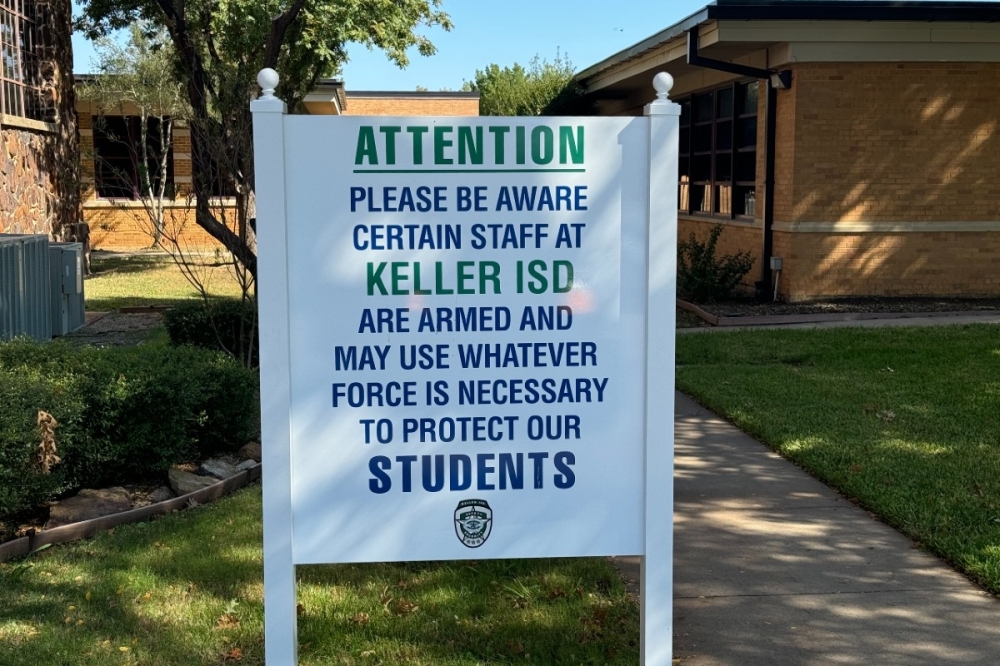5 Effective Ways To Foster Mental Health Acceptance In Your Community

Table of Contents
Educate Your Community About Mental Illness
Education is the cornerstone of combating stigma and fostering mental health acceptance. By dispelling myths and promoting open conversations, we can create a more informed and compassionate community.
Dispelling Myths and Stigmas
Many misconceptions surround mental illness, fueling stigma and hindering help-seeking behavior. Common myths include:
- Mental illness is a character flaw: Mental illness is a medical condition, like diabetes or heart disease, affecting brain function. It's not a sign of weakness or moral failing.
- People with mental illness are violent: The vast majority of individuals with mental illness are not violent. Violence is often linked to other factors, not solely mental health conditions.
- Mental illness is incurable: While some conditions require lifelong management, many are treatable and individuals can lead full and productive lives.
The impact of stigma is profound. It leads to delayed treatment, increased isolation, and poorer overall mental health outcomes. According to the National Alliance on Mental Illness (NAMI), stigma is a major barrier to seeking help for mental health issues. For reliable information, consult resources like NAMI (nami.org) and MentalHealth.gov.
Promoting Open Conversations
Starting conversations about mental health can feel daunting, but it's crucial for fostering acceptance. Strategies include:
- Sharing personal stories: Sharing your own experiences (if comfortable) can normalize mental health challenges and encourage others to open up.
- Utilizing social media campaigns: Use platforms like Twitter, Instagram, and Facebook to raise awareness and share important information. #MentalHealthMatters is a great place to start.
- Organizing community events: Host workshops, screenings, or support groups to create safe spaces for dialogue and connection.
Remember to use inclusive language, avoiding stigmatizing terms. Focus on person-first language ("person with depression," not "depressed person") and emphasize individual strengths and resilience.
Support Local Mental Health Organizations
Strengthening local mental health organizations is vital for expanding access to care and resources. Your support can make a tangible difference in the lives of many.
Volunteering Your Time and Resources
There are countless ways to volunteer your time and skills:
- Fundraising: Organize events, participate in walks, or donate to support crucial programs.
- Event planning: Help organize community events promoting mental health awareness and support.
- Peer support: Offer companionship and understanding to individuals navigating mental health challenges.
Supporting local organizations directly increases access to critical services like therapy, medication, and support groups for those who may not otherwise have access.
Donating to Mental Health Initiatives
Financial support is crucial for the continued operation and expansion of mental health services. Consider:
- Monetary donations: Even small contributions can make a significant impact.
- In-kind donations: Donate supplies, equipment, or other resources.
- Skills-based volunteering: Offer your professional skills (e.g., accounting, marketing) to support organizational efforts.
Your donation can fund vital research, treatment programs, and community outreach initiatives, making a profound difference in the lives of individuals and families affected by mental illness.
Advocate for Policy Changes
Policy changes can create systemic improvements in mental health acceptance and access to care. Advocacy plays a crucial role in achieving lasting change.
Supporting Legislation that Promotes Mental Health
Support legislation that addresses key issues like:
- Increased funding for mental health services: Ensuring adequate funding for treatment, prevention, and research is vital.
- Improved access to care: Advocating for expanded insurance coverage and reduced barriers to mental healthcare access.
- Anti-discrimination laws: Protecting individuals with mental illness from discrimination in employment, housing, and other areas.
Contact your elected officials to express your support for these policies. Your voice matters in shaping a more equitable and supportive system.
Challenging Discriminatory Practices
Discriminatory practices perpetuate stigma and hinder recovery. Be vigilant about:
- Workplace discrimination: Report instances of unfair treatment or lack of accommodations for mental health needs.
- Housing discrimination: Advocate for fair housing policies that prevent discrimination against individuals with mental health conditions.
Familiarize yourself with the legal protections available to individuals with mental illness under the Americans with Disabilities Act (ADA) and other relevant legislation. Report instances of discrimination to the appropriate authorities.
Promote Mental Wellness Initiatives in Your Community
Proactive measures promoting mental wellbeing create a preventative approach to mental health challenges.
Organize Community Events Focused on Well-being
Organize events that promote mental wellness, such as:
- Yoga classes: Promote physical and mental relaxation techniques.
- Mindfulness workshops: Teach stress reduction and self-awareness techniques.
- Support groups: Create safe spaces for connection and shared experience.
Collaborate with local businesses, schools, and community centers to maximize reach and impact.
Create Inclusive and Supportive Spaces
Foster a sense of belonging and connection by creating welcoming community spaces:
- Community gardens: Promote social interaction and engagement in nature.
- Libraries: Provide access to resources and a quiet space for reflection.
- Parks: Offer opportunities for exercise, relaxation, and social interaction.
Ensure accessibility for all individuals, offering diverse programming and accommodations as needed.
Personalize Your Approach to Mental Health Acceptance
Individual actions can collectively create a significant impact.
Share Your Story
Sharing personal experiences (if you feel comfortable) can destigmatize mental health challenges:
- Use your social media platforms to advocate for mental health acceptance.
- Share your story at community events to build connections and understanding.
- Be vulnerable and authentic in your approach, highlighting your resilience and recovery journey.
Practice Empathy and Understanding
Show support by:
- Actively listening without judgment.
- Offering support without minimizing their experiences.
- Using compassionate and understanding language.
Building a More Accepting Community for Mental Wellbeing
By implementing these five key strategies – education, support, advocacy, wellness initiatives, and personal action – we can collectively build a more accepting and supportive community for mental wellbeing. Fostering mental health acceptance is not just a responsibility; it's a necessity for creating a thriving and inclusive society. Start fostering mental health acceptance today. Join the movement for mental wellbeing and take action to improve mental health acceptance in your community. Every contribution, big or small, makes a difference.

Featured Posts
-
 Millions Made From Exec Office365 Hacks Federal Investigation Reveals
May 02, 2025
Millions Made From Exec Office365 Hacks Federal Investigation Reveals
May 02, 2025 -
 80s Soap Opera Legend Dies A Dallas Stars Farewell
May 02, 2025
80s Soap Opera Legend Dies A Dallas Stars Farewell
May 02, 2025 -
 The Negative Impact Of Dividing Keller Isd Progress And Unity At Risk
May 02, 2025
The Negative Impact Of Dividing Keller Isd Progress And Unity At Risk
May 02, 2025 -
 Winning Lotto Numbers Wednesday April 9th Draw Results
May 02, 2025
Winning Lotto Numbers Wednesday April 9th Draw Results
May 02, 2025 -
 Lotto Results Wednesday April 9th Check Your Tickets Now
May 02, 2025
Lotto Results Wednesday April 9th Check Your Tickets Now
May 02, 2025
